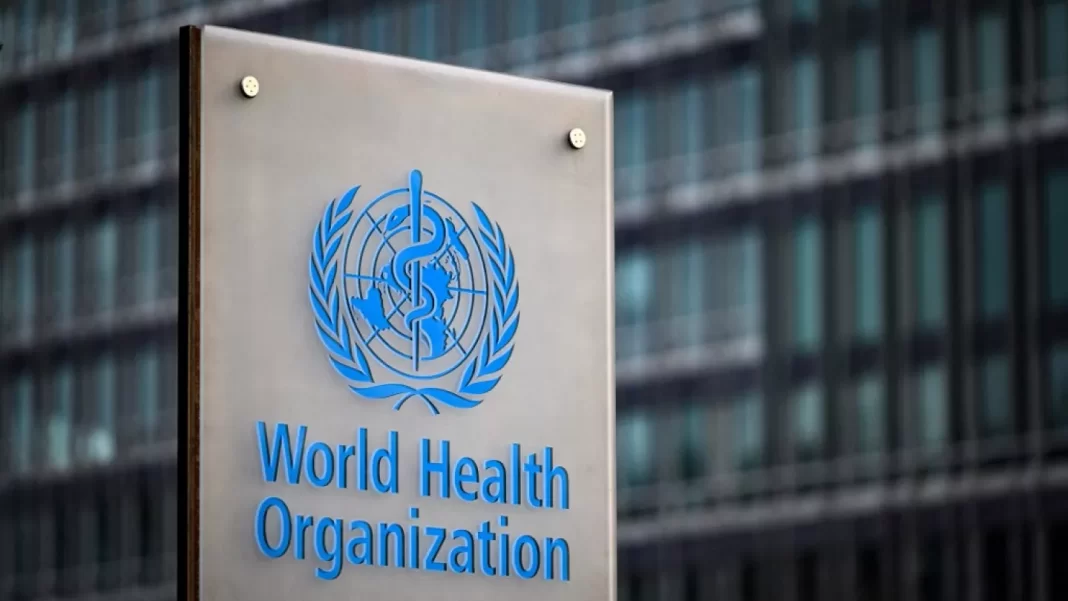TURKISH JOURNAL / Pia BOZYEL – The World Health Organization (WHO) has warned that unless preventive measures are taken, 135,000 women in sub-Saharan Africa could lose their lives to preventable breast cancer by 2040.
A report, based on research conducted by WHO in 42 out of 47 countries in the region, revealed significant shortcomings and inequalities in the fight against breast cancer.
The report highlighted a critical shortage of healthcare workers essential for preventing, diagnosing, and treating the disease.
Lack of Specialized Cancer Centers and Screening Programs
The report emphasized that one of the biggest barriers to combating breast cancer is limited access to specialized cancer centers. Noting that only five out of 47 countries in the region have regular breast cancer screening programs, the report also pointed to inadequate laboratory screening facilities.
It further stated that only two countries have met the standard of one laboratory per 100,000 people.
Late Diagnosis and Inadequate Treatment Increase Mortality
The report found that deaths from breast cancer are largely due to late diagnosis, insufficient prevention, and inadequate treatment services. It underscored the urgent need for increased health investments in the region.
The report stressed the vital importance of expanding screening programs, ensuring early diagnosis, and providing appropriate treatment options.
According to WHO data, in 2022, 38 out of every 100,000 women in sub-Saharan Africa were diagnosed with breast cancer, while 19 per 100,000 lost their lives to the disease.




